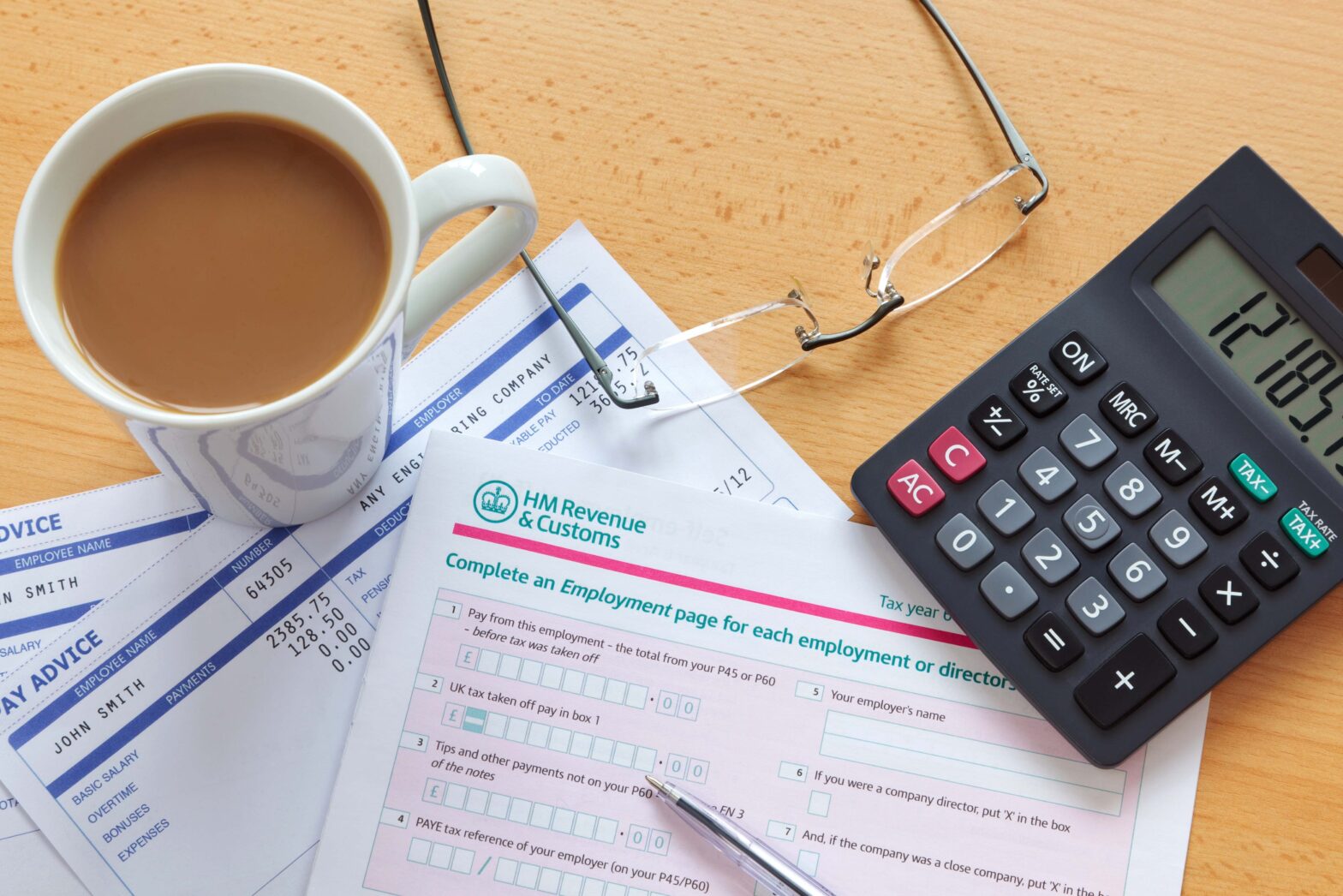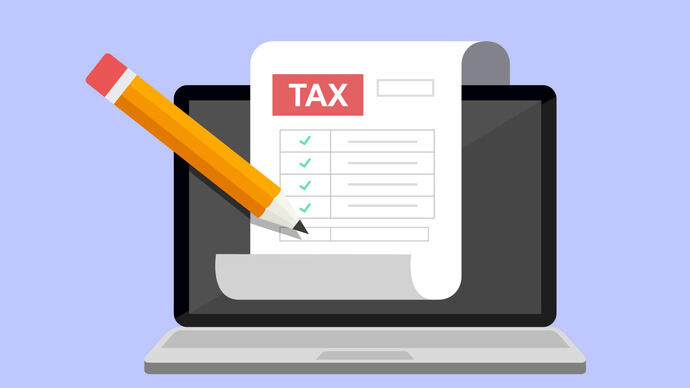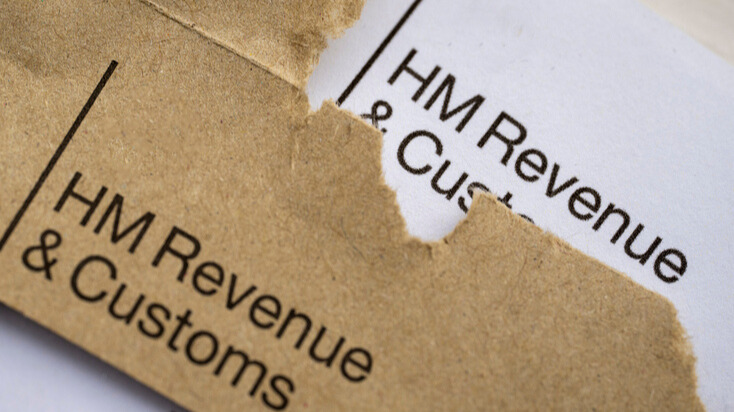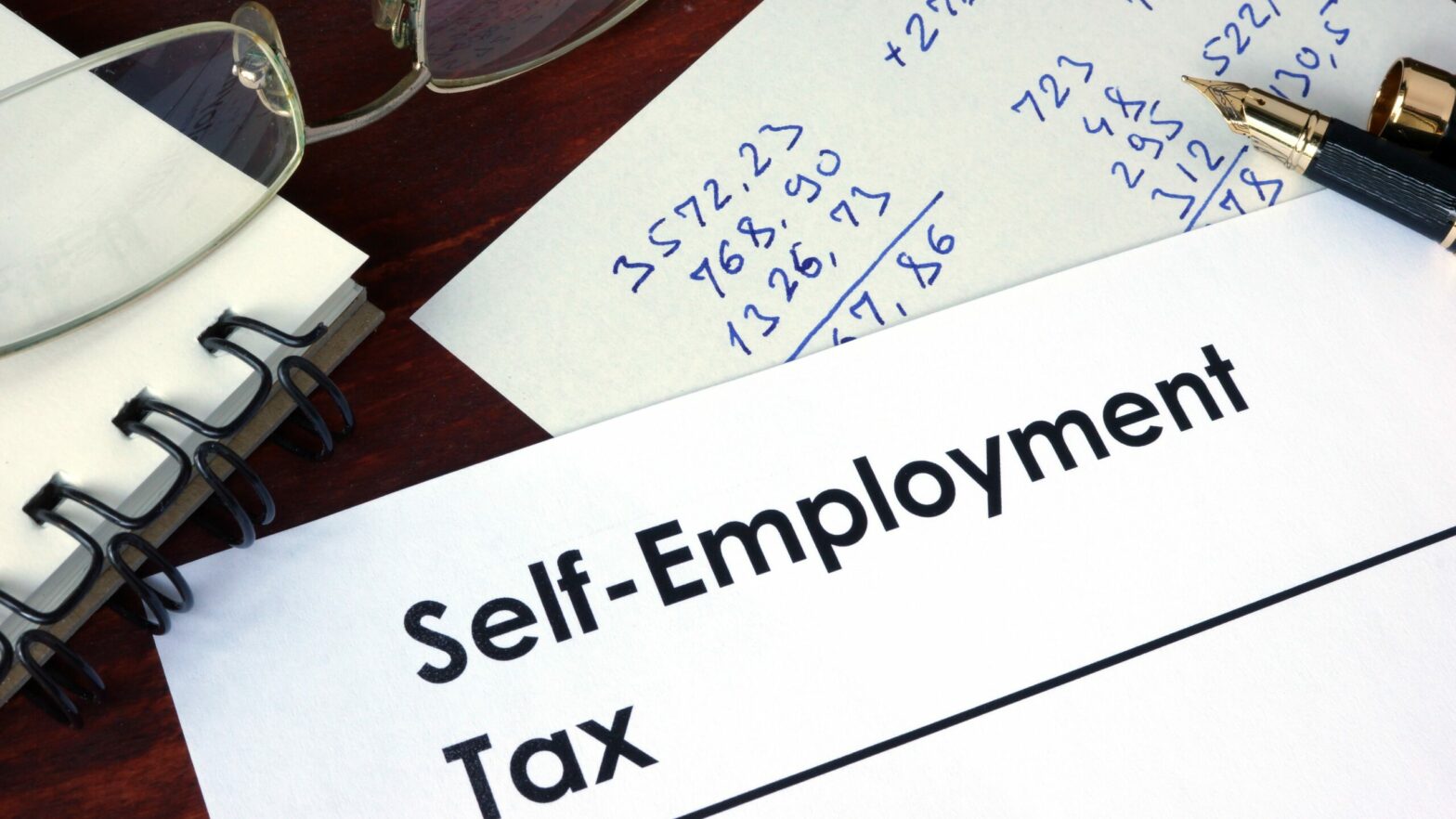It’s that time of the year for the self-assessment tax return, and apparently it ranks up there with in-laws and farting in the sack as a source of relationship strain in the UK’s self-employed households.
Three quarters of self-employed people say they argue with their spouse or partner over the process, according to a study by Zaptax
All 1,086 respondents were asked to identify the main causes behind their arguments with their spouse or partner during January. The top three reasons were household chores (67 per cent), unresolved Christmas-related arguments/issues (44 per cent), and, the coup de grace, filling out tax returns, which Zaptax is at pains to point out includes stress caused by the process, at 22 per cent.
Admittedly, the commissioning company’s motive is for you to use its app, which is designed to make the self-assessment process easier, rather than to offer helpful insight into the health of relationships in entrepreneurial families.
However, it’s a decent glimpse into the existential impact of P60 certificate foraging and bank document ruminating on the Great British household. Did you know, for example, that 61 per cent of tax returners state that they and/or their partner had been reduced to tears during the disagreements? And that 9 per cent even confessed that their relationship nearly ended due to the stress?
Driving them to such distraction is a ‘lack of organisation’ (68 per cent), a ‘worry about incurring fines’ (57 per cent) and ‘leaving the returns so late’ (45 per cent).
It’s probably fair to say that tax returns aren’t the main reason why most folks start a business, and so many people find themselves unprepared for the heavy bout of mathematics that the process can entail. The devastation of tax returns even trumps badly-behaved children ( 21 per cent) and broken New Year’s resolutions (18 per cent) in the stress stakes.
The old platitude ‘tax doesn’t have to be taxing’ will be about as useful as a handbrake on a canoe for many people at this point in the year, but if you’ve left it this late, remember to include any income earned between the financial year dates of April 6th 2013 and April 5th 2014. Make sure your self-assessment code has been sent to you by post. Be thorough, making sure you have the right receipts for your return, together with statements of account, interest or dividend payments. And if you need to, get help from an accountant. Good luck!





